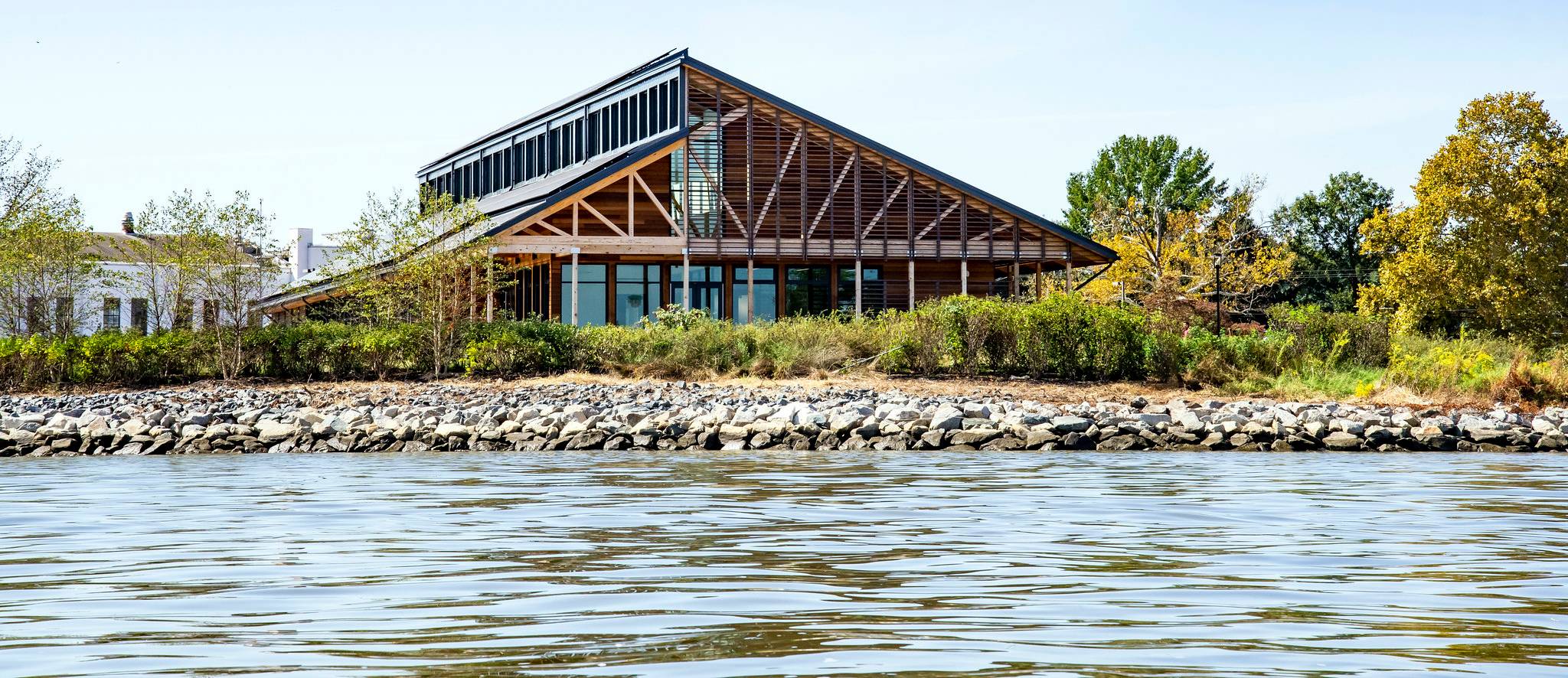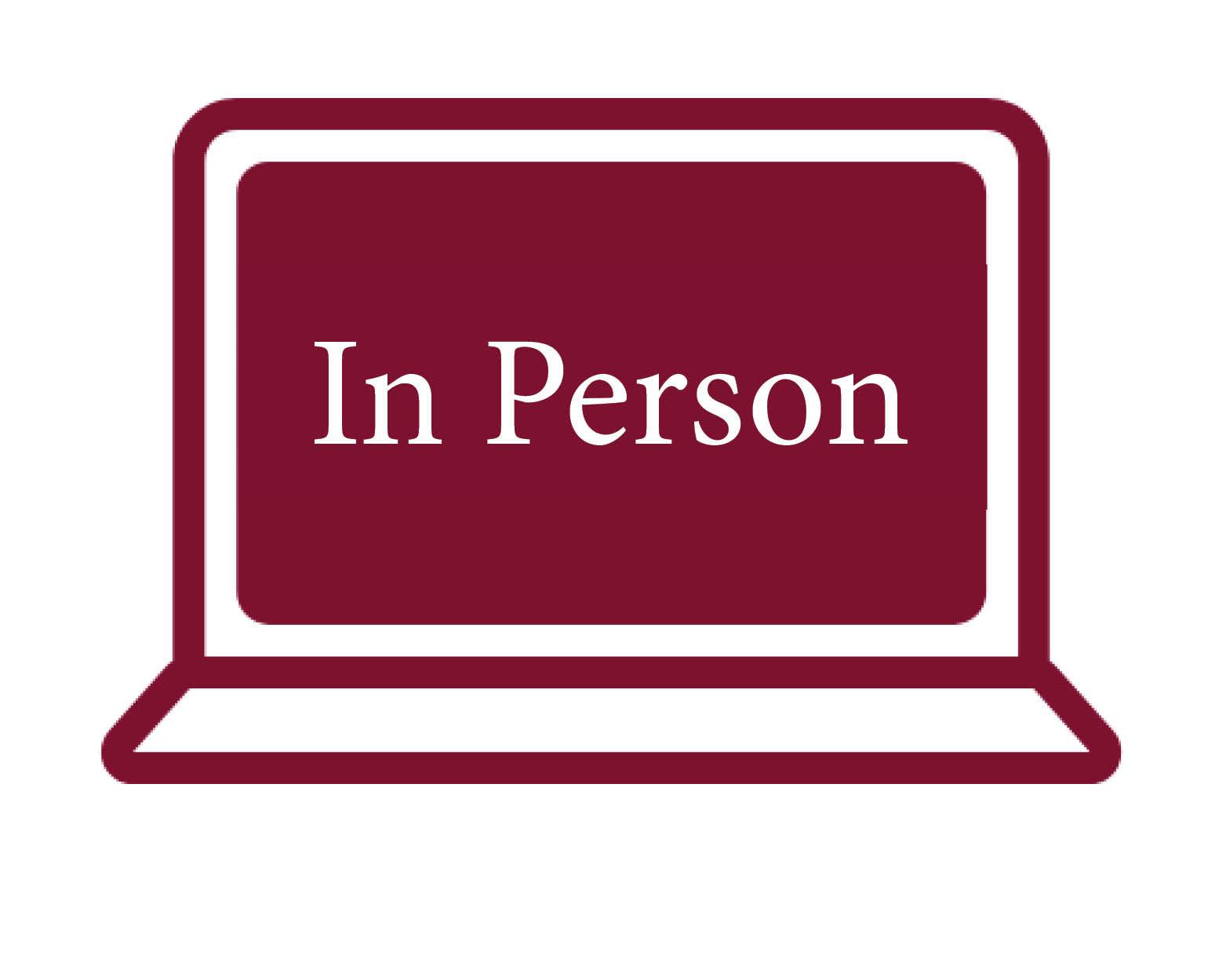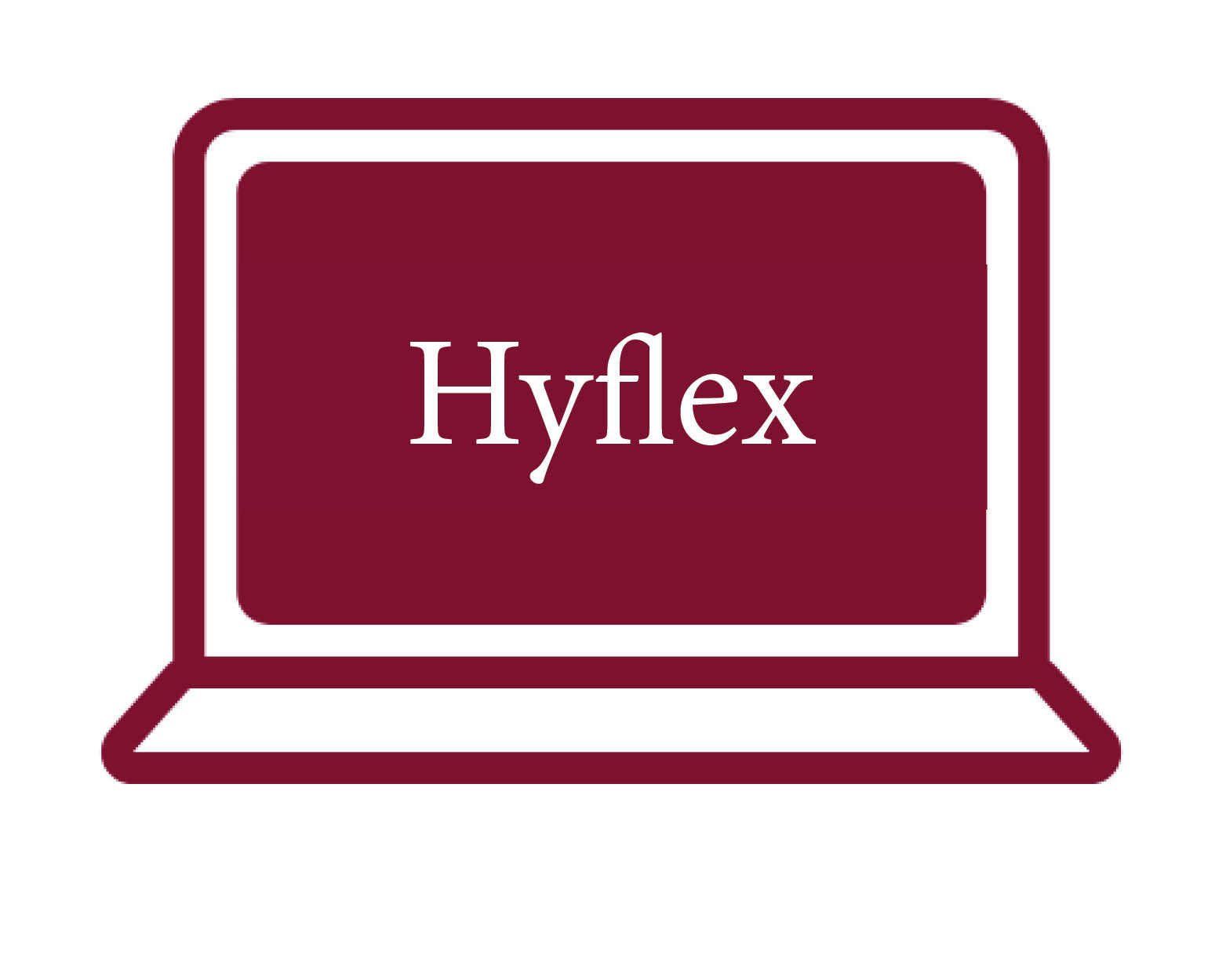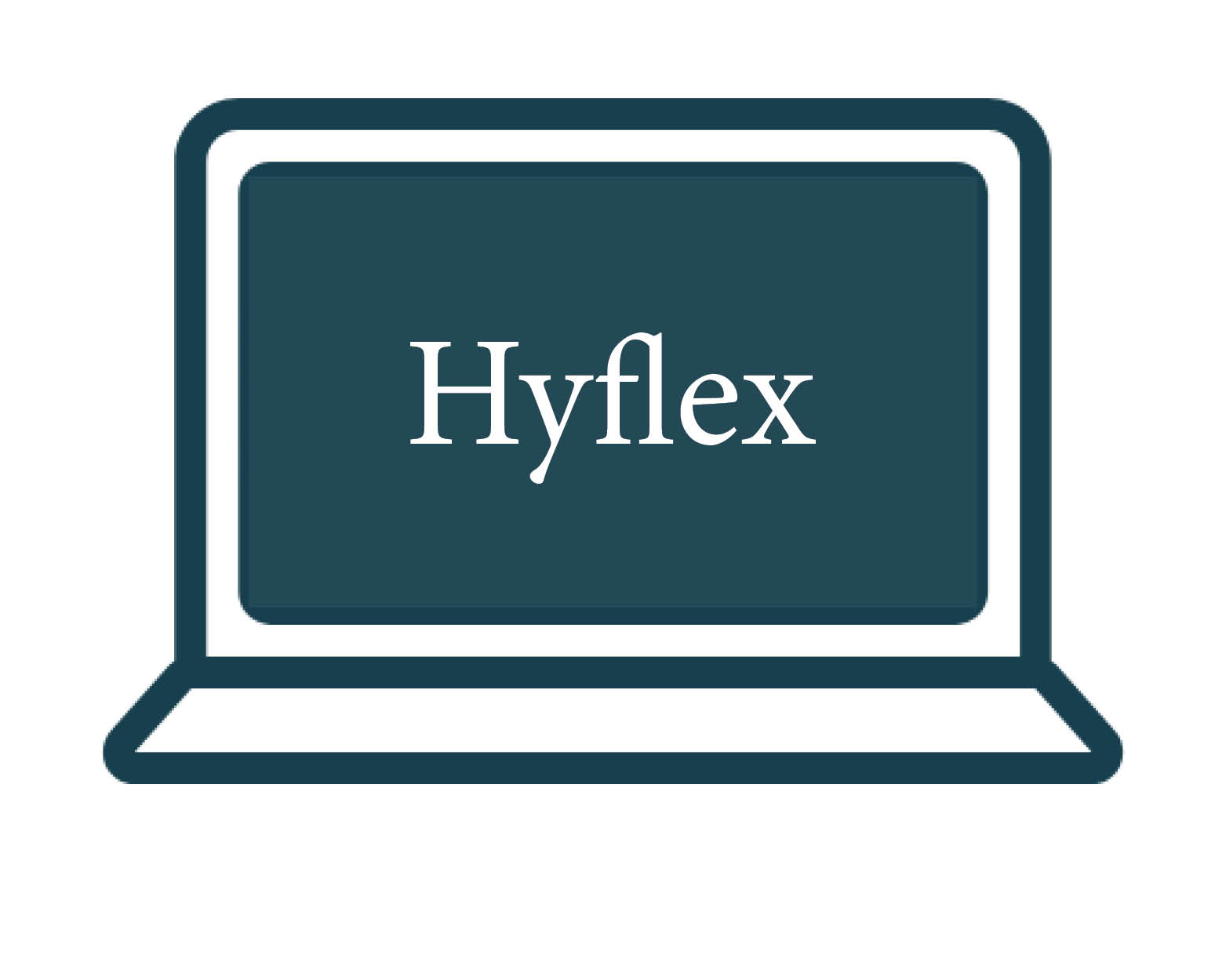
Summer Term at Washington College

Washington College is excited to offer a wide range of academic opportunities for
undergraduate students, as well as high school students, working adults, and more.
We will be offering in person and remote classes, to allow learners to access our exceptional
programming from anywhere across the globe (although we are partial to the Chester River in the summer). No matter where you are joining us from, rest assured that you will discover rich
opportunities to expand your academic horizons, enhance your skills, and experience
an unparalleled liberal arts education. Continue building towards your future—join
us this summer at WC.
REGISTER NOW FOR SUMMER TERM
Cost of Attendance
|
FY2023 |
Off Campus / |
Residential |
|
Net Tuition/student |
$2,200 |
$2,200 |
|
Room |
$0.00 |
$904 |
|
Food Service |
$0.00 |
$546 |
|
Student service fees |
$50 |
$100 |
|
Health Service Fee |
$0.00 |
$66 |
|
Total Student Charges |
$2,250 |
$3,816 |
|
FY2023 |
Off Campus / |
Residential |
|
Net Tuition/student |
$2,200 |
$2,200 |
|
Room |
$0.00 |
$904 |
|
Food Service |
$0.00 |
$546 |
|
Student service fees |
$50 |
$100 |
|
Health Service Fee |
$0.00 |
$66 |
|
Total Student Charges |
$2,250 |
$3,816 |
Deposit: $250 due on confirmation of seat in course
|
FY2023 |
Off Campus |
|
Net Tuition/student |
$250 |
|
Room |
$0.00 |
|
Food Service |
$0.00 |
|
Student service fees |
$0.00 |
|
Health Service Fee |
$0.00 |
|
Total Student Charges |
$250 |
Know what you are looking for?
Classes in Summer Term Module A are offered online, in person, and as hybrid (where students may elect either option). Be sure to look at the mode column to know which option the instructor has chosen when offering the course. These are 4 credit courses, unless otherwise noted.
Classes are from May 30 - June 23, 2023, with no classes on June 19th (Emancipation Day). Course descriptions are provided lower on this page
|
Instructor's Name |
Course Name |
Course Title |
Time |
Mode |
LOC |
Friday Lab |
|
R.C. De Prospo |
Introduction to American Culture I |
AMS/ENG 209 |
9-11:45 |
Online |
|
|
|
Aaron Lampman |
Intro to Anthropology |
ANT 105 |
12-2:45 |
Online |
|
|
|
Austin Lobo |
Computer Science 1 |
CSI 111 |
12:00-2;45 |
Online |
|
|
|
Julie Markin |
Archaeology Field School |
ANT/CRS 296 |
Special Times (Full Day Activities) |
Regular |
Field Site |
|
|
Dylan Poulsen |
Statistical Inference and Data Analysis |
MAT 109 |
9:00-11:45 |
Hyflex |
|
|
|
Dylan Poulsen |
Integral Calculus |
MAT 112 |
3:00-5:45 |
Hyflex |
|
|
|
Joseph Prud'Homme |
Freedom in American Political Life |
POL 394 |
9:00-11:45 |
Online |
|
|
|
Ken Schweitzer |
Rock, Pop, & American Culture |
MUS 106 |
12-2:45 |
Online |
|
|
|
Hui-Ju Tsai |
Personal Finance |
BUS 194 |
9-11:45 |
Online |
|
|
Classes in Summer Term Module B are offered online, in person, and as hybrid (where students may elect either option). Be sure to look at the mode column to know which option the instructor has chosen when offering the course. These are 4 credit courses, unless otherwise noted.
Classes are from June 26 - July 21, 2023, with no classes on July 4th (Independence Day). Course descriptions are provided lower on this page
|
Instructor's Name |
Course Name |
Course Title |
Time |
Mode |
LOC |
|
Michael Chiarappa |
Black Life in Bellevue: Documenting African American Cultural Landscape Along the Chesapeake Bay |
CRS 294 |
Special Times. See course Description |
|
|
|
Sara Clarke-DeReza |
Educational Psychology |
EDU 252 |
9:00-11:45 |
Online |
|
|
Kate Livie & Benjamin Ford |
Special Topic: Headwaters to Bay |
CMS/CRS 294 |
Special Times (Full Day Activities) |
Regular |
|
|
Jason Patterson |
Introductory Drawing Studio |
ART 261 |
3-5:45 |
Regular |
LARR |
|
Jon McCollum |
Intro to World Music & Ethnomusicology |
MUS 104 |
12-2:45 |
Hyflex |
GCA 206 |
|
Shaun Ramsey |
Differential Calculus |
MAT 111 |
9:00-11:45 |
Hyflex |
|
|
Bin Song |
Confucianism and Ru Meditation |
PHL/REL 394 |
3-6:00 |
Hyflex |
|
Ready to Register?
Learn how you can sign up today.
You are a current Washington College student who has completed one or more semesters at Washington College.
Congratulations on joining Goose Nation! We are delighted you want to start your collegiate career a semester early.
You are a rising 9th-12th grader looking to get a jump start on college credits.
You are a lifelong learner or working adult taking a course or two for personal enrichment or professional development
Course Descriptions
These courses descriptions are color coded to indicate whether there are offered in
Module A (Maroon) or Module, B (Teal) and further coded to reflect whether the course
is offered online, in person, or as a hybrid.![]()

AMS/ENG 209 Introduction to American Literature and Culture I
AMS/ENG 209 Introduction to American Literature and Culture I
Monday-Friday 9:00am-11:45am
Instructor: DeProspo
AMS/ENG 209 is gateway courses to the American Studies major at Washington College,
counting both for Humanities General Education credit and prerequisite credit for
American Studies. The course is also writing intensive, its course work being exclusively
a series of short papers.
The American Studies major, the oldest cross-disciplinary major at Washington College,
allows unusually independent students virtually to design their own majors, including
both Social Science and Humanities courses that prepare students for careers in education,
government, law, and social service, among others. It is exceptionally keyed to the
College's historical heritage and provides students with all of the opportunities
afforded by the Starr Center for the Study of the American Experience, in particular
the Center's many paid internships.

ANT 105: Intro to Anthropology
ANT 105: Intro to Anthropology
Monday-Friday 12:00-2:45
Instructor: Lampman
The study of human diversity with emphasis on cultural anthropology. Topics include the anthropological perspective, resources of culture, organization of material life, systems of relationships and global forms of inequality. The course examins how anthropologists apply their skills to solve contemporary human social problems. Basic ethnographic interviewing skills. Introduction to ethnography.

ANT 296: Archaeology Field School
ANT 296: Archaeology Field School
Participants will engage in all phases of field archaeology and laboratory analysis, including site discovery techniques, surveying, stratigraphic excavation, and recording. Working at Barwick’s Ordinary provides students the opportunity to gain experience at a prehistoric and an historic site, all in one field school.
When: May 30 - June 23, 2023 (Full Day)
Email Dr. Julie Markin [jmarkin2@washcoll.edu] with questions or to register.

ART 261: Introductory Drawing Studio
ART 261: Introductory Drawing Studio
Monday-Friday
Instructor: Patterson
This course explores the theories and concepts of drawing from a contemporary perspective. The curriculum, while focusing on basic skills and concepts of drawing, is interdisciplinary in nature. In addition to drawing fundamentals, the course will place emphasis on connecting conceptual thinking to one's broader creative practice. Contemporary and historical examples of artists working within such a creative practice are covered through lectures and screenings.

BUS 194 Special Topics: Personal Finance
BUS 194 Special Topics: Personal Finance
Monday-Friday 9-11:45am
Instructor: Tsai
This course is designed to help students develop personal financial planning skills to achieve their financial goals. Topics will include budgeting, taxes, consumer credit, house and motor vehicle purchase and financing decisions, life insurance, fundamental investments, and retirement planning. After taking this course, students should be able to apply learned skills to manage their financial resources and make financial decisions with confidence.

CMS/CRS 294: Special Topic: Headwaters to Bay
CMS/CRS 294: Special Topic: Headwaters to Bay
Much of Headwaters to Bay will take place in the field, aways from campus. Students will have the opportunity to travel throughout the region, learning from experts and seeing how a sense of place can impact their own creative voice.
Instructor: Kate Livie & Benjamin Ford
This experiential program brings students to the intersection of arts and the environment, exploring five key topics—flow, tradition, transformation, subsidence, and resilience—through field and creative work as a pathway to understanding the modern Chesapeake Bay. Through a series of themed explorations of the Bay from its largest tributary all the way to its confluence with the ocean, students will discover how the environment and a sense of place impacts the people of the contemporary Bay region—and use their experiences to develop a unique body of creative work in response. Students will prepare for their experiences in the field with work in the classroom, dividing their time between readings, discussion, and lectures on background history, environment, and culture with arts instruction and workshops in environmental creative writing, photography and videography, sketching, journaling and watercolor. They will then embark on several two-to-three day field experiences, beginning on the Susquehanna and concluding on the Coastal Bays of the Lower Eastern Shore. Throughout, they will document their travels through journals, sketches, and/or photography/ videography. Upon returning for their final wrap-up in the classroom, students will use their work to create a final, comprehensive project. This may be an illustrated essay, photo essay or video essay that explores the meaning of place in the Chesapeake—its environmental fragility, its productivity, its beauty, its threatened culture, and its possible future.

CSI 111: Computer Science 1
CSI 111: Computer Science 1
Monday-Friday 12:00-2:45pm
Instructor: Lobo
Introduction to programming in Python

CRS 294: Black Life in Bellevue: Documenting African AmericanCultural Landscape Along
the Chesapekae Bay
CRS 294: Black Life in Bellevue: Documenting African AmericanCultural Landscape Along the Chesapekae Bay
Monday-Friday Special Times
Dates: July 3-July 29, 2023
Instructor: Chiarappa
From July 3 to July 29, 2023, the Center for Environment and Society and its Past is Present Initiative will partner with the Village of Bellevue, Maryland and the Bellevue Passage Museum to conduct a field school aimed at using the venue’s cultural landscape to advance historical understanding and cultural conservation of an African American community whose aspirations and development were shaped by the Chesapeake estuarine environment. Led by field school co-directors Michael Chiarappa, Ph.D. and Janet Sheridan, M.A. and community coordinators Drs. Dennis and Mary DeShields, students will be immersed in Bellevue’s historical/cultural resources and its contemporary cultural life. Residing and working in Bellevue for four weeks, students will learn the skills required to document cultural landscapes—measuring, drawing, and photographing buildings, using historic documents and visual materials, and conducting oral histories with longtime residents. Bay. The materials generated through these exercises will be used to create history exhibits and public programming for the Bellevue Passage Museum, as well as serving as resources for African American heritage tourism in the area.

EDU 252: Educational Psychology
Monday-Friday 9:00am-11:45am
Instructor: Clarke-De Reza
This course reflects knowledge derived from theory, research, and professional practice as it covers human development and learning, inquiry and research, and experience-based principles of effective practice. Such practice encourages: 1) intellectual, social, and personal development; 2) creating instructional opportunities adapted to diversity in learners, e.g. individual and cross-cultural developmental variability, approaches to learning, and multiple intelligences including spatial/artistic intelligence; 3) strategies for developing critical thinking, problem solving, and performance skills; and 4) formal and informal strategies for assessing intellectual, social, and physical development.

MAT 109: Statistical Inference and Data Analysis
Monday-Friday 9:00-11:45am
Instructor: Poulsen
Introduction to programming in Python
Introduction to the appropriate methods for analyzing data and designing experiments. After a study of various measures of central tendency and dispersion, the course develops the basic principles of testing hypotheses, estimating parameters, and reaching decisions. MAT 109 and BUS 109 may not both be taken for credit.

MAT 111: Differential Calculus
Monday-Friday 9:00-11:45am
Instructor: Ramsey
Analytic geometry, the derivative and differential, elementary functions, limits, continuity, and applications. Prerequisite: It is strongly recommended that a student should have strong algebra and trigonometric skills before taking this course.

MAT 112: Integral Calculus
Monday-Friday 3:00-5:45
Instructor: Poulsen
The indefinite integral, the definite integral, the fundamental theorem of the integral calculus, sequences, series, and applications. Prerequisite: MAT 111 or MAT 106-107 or permission of the instructor.

MUS/ANT 104: Intro to World Music and Ethnomusciology
MUS/ANT 104: Intro to World Music and Ethnomusciology
Monday-Friday 12:00-2:45pm
Instructor: McCollum
An introduction to music of the world, including popular, folk, religious and classical traditions. Explores the way ethnomusicologists organize and analyze knowledge about the world, while investigating the ways music acquires meaning in performances that are socially, historically, and culturally situated.

MUS 106: Rock, Pop, and American Culture
Monday-Friday 12:00-2:45pm
Instructor: Schweitzer
An examination of popular music in America from the 1830s through the modern day. With a particular emphasis being placed on the 1950s and 1960s, students will develop an understanding of the cultural, political, and economic forces of these eras and will examine how popular music history intersects with all aspects of American history and culture. This course also examines several important threads in popular music history, including the ever-present, but ever changing, role of race relations, the impact of evolving technologies, and the history of the music industry. In addition to reading the assigned textbook, students are also asked to watch/listen to important archival performances, televised interviews with notable musicians, radio interviews with scholars of popular culture, and other relevant primary sources.

PHL/REL 394: Special Topic: Confucianism and Ru Meditation
Monday-Friday 3:00-5:45pm
Instructor: Song
This course introduces the philosophical concepts, sociological foundation, political implementation, and spiritual/religious practices of the Asian Ru (Confucian) tradition. While remaining sensitive to its varying characteristics through different historical periods, the course also presents Ruism’s development across Asian countries such as Korea, Japan, Vietnam and Indonesia, and studies its historical interaction with Western cultures. Students are encouraged to think over and practice Ruist insights in a broader context of philosophical and religious studies, while being able to compare it with other major Asian and Western philosophical and religious traditions. Special acquired skills: students will learn Meditation in Motion in its varying forms, such as breathing, sleeping, quiet-sitting and Taiji martial arts, to strengthen their mind-body general well-being and increase creativity and productivity.

POL 394 Special Topic: Freedom in American Political Life
Monday-Friday 9:00-11:45
Instructor: Prud'homme
This distinctive course explores the contested meanings of freedom in American political thought. We explore the historical origins of the American constitutional project; the defense of a system of self-government with freedom at its heart; and the various interpretations of freedom which have emerged in American legal and political theory. Throughout the course we place our focus on the great ideas of freedom and their concrete instantiations in political and legal practice. Representative topics include economic freedom, state regulation, religious freedom, personal autonomy and civil rights and liberties. Students connect with leading experts enhancing the learning experience.
Counts toward POLS major and minor distribution requirements
Contact Us
Questions? We're here to help!
Office of the Registrar
We support course registration and maintain academic records.
registrarFREEwashcoll
Bunting Hall, lower level
Admissions Office
We’re here to help you navigate the college admissions process.
wc_admissionsFREEwashcoll
410-778-7700
Casey Academic Center
Financial Aid
The financial aid staff is here to assist you every step of the way.
fa_officeFREEwashcoll
410-778-7214
Casey Academic Center